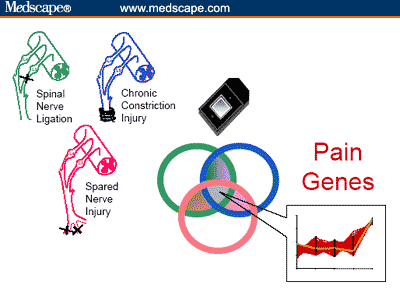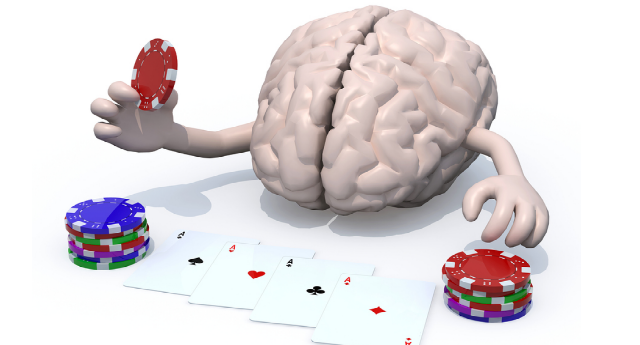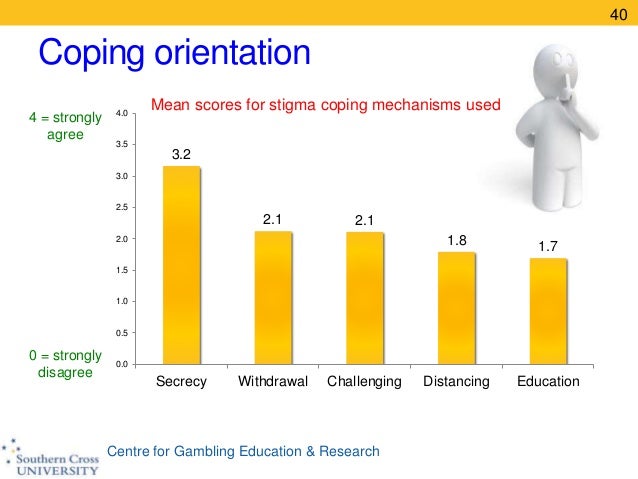Gambling Pain
Chronic back pain (CBP) patients, chronic complex regional pain syndrome (CRPS) patients, and normal volunteers (matched for age, sex, and education) were studied on the Iowa Gambling Task, a card game developed to study emotional decision-making. Outcomes on the gambling task were contrasted to performance on other cognitive tasks. What happens inside the brain of a gambling addict when they make a bet - and can the secret to their addiction be found within the brain itself? “For women, gambling soothes them and numbs pain,” says Dr Henrietta Bowden-Jones, founder and director of the National Problem Gambling Clinic. “Sometimes they begin gambling as a result of.
Unfortunately for men and women with gambling addictions, opportunities to indulge in this potentially self-destructive pastime are endless. It wasn’t always this way, but with the arrival of the Internet, gambling websites became plentiful and are now just a click away for recovering compulsive gamblers who might easily plunge headlong into the abyss.
If you’ve struggled with a gambling problem, you know that beating a gambling addiction is not easy and can only be accomplished one day at a time. Making the decision over and over not to gamble is the only way to preserve the integrity of your addiction recovery plan, and that can be quite a challenge. Gambling addictions are notoriously hard to subdue and control.
Triggers and the Ever-present Risk of Relapse
Wherever there is addiction, there are always risk factors for relapse. There are events, circumstances or even individuals that can trigger a recovering gambler’s fall from grace.
One of the most critical aspects of overcoming a gambling addiction is to identify these triggers, and drag them out from the shadows of the subconscious and into the light. Doing this drains them of their power to sabotage recovery.
No two problem gamblers are exactly alike, but there are some common patterns to gambling relapse triggers that can make them easier to spot.
Trigger #1: Strong Emotional Responses
A key ingredient of gambling addictions is emotion. Gambling plays a role in helping addicts manage difficult emotions.
Gambling addiction is a compulsion but it is also a coping mechanism — a way of escape from psychological disturbance and discomfort. When problem gamblers experience stress, frustration, disappointment, anger, fear or boredom, they will often turn (or return, in the case of recovering addicts who relapse) to gambling to help ease their pain or restore their emotional equilibrium.
Using gambling to cope with life’s challenges is one of the biggest predictors of an eventual gambling addiction. Once such behavior becomes entrenched it changes from a voluntary choice to a reflex, and it is the type of reflex that can undermine your recovery and trigger a relapse. This can happen if you aren’t prepared to handle negative emotions in a more constructive way.
Trigger #2: Environment
It is important to realize that opportunities to gamble are everywhere. Stores sell lottery tickets, slot machines are found in bars or clubs, and online gaming and wagering sites are always accessible whenever you’re online. All can offer powerful temptation.
Temptation also comes in the form of friends and acquaintances with whom you may have gambled with in the past. Being careful about where you go, what you do, and who you do it with are all essential strategies for gambling addicts who are serious about their recovery. Environmental triggers can weaken your resolve and leave you vulnerable to influences you swore you’d never be affected by again.
Dogs Gambling Painting Meaning


Trigger #3: Money Shortages or Debt
Compulsive gambling is a losing proposition, both personally and financially. But when you need money and need it fast, gambling might seem like a legitimate way to solve your problems.
You should be clear about what your gambling addiction means. It means you have a history of rationalizing to excuse your gambling behavior and that it will be incredibly difficult to stop if you start again.
“Just this one time” is not a phrase a problem gambler should ever use, regardless of the circumstances or the urgency of the cause or motivation.
Trigger #4: Substance Abuse
Drugs and alcohol affect judgment and reduce impulse control, which makes substance abuse and gambling a toxic combination.
Studies show that between 10% and 20% of those with substance use disorders also suffer from gambling addictions. This connection is certainly not a coincidence, and there is little doubt that being under the influence of drugs or alcohol (even if you aren’t addicted to them) can undermine your recovery from gambling dependency — in a heartbeat.

Therapy and the Quest to Understand Your Gambling Addiction
While you should be able to identify at least some of your gambling triggers through private self-reflection, this is a topic you should discuss frequently during your addiction counseling sessions and also during your Gamblers Anonymous meetings (assuming there is a chapter in your area that you actively attend). Your therapist and your peers can give you valuable insight and feedback, helping you gain greater understanding about your gambling behavior and the circumstances that cause or encourage it.
Resources
Gambling Paints And Oils Portland Oregon
New York Council on Problem Gambling: Staying Safe after Problem Gambling
Tired of addiction calling the shots?
Addiction treatment changes lives. Call for a free benefits check.
- 877-671-1785
Gambling Man Painting
Brought to you by